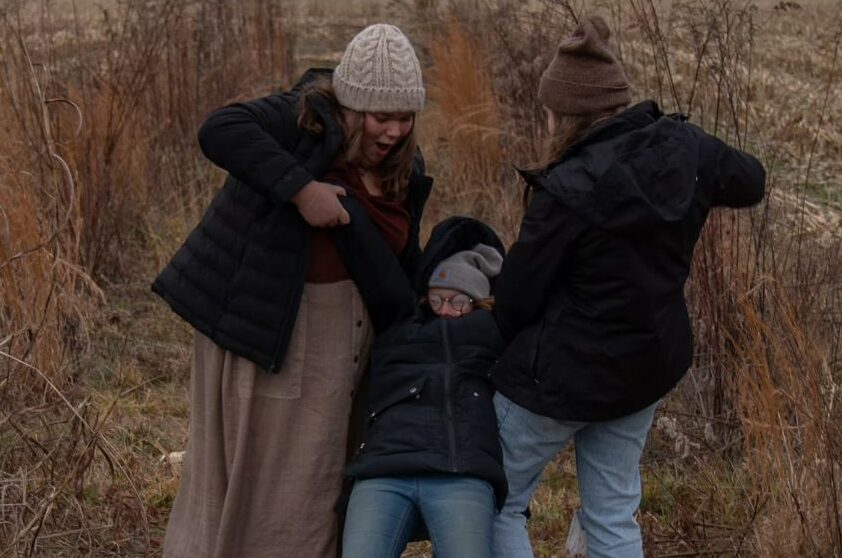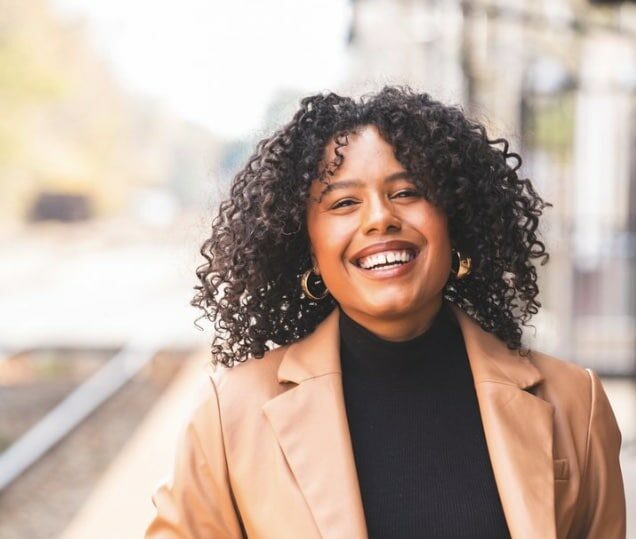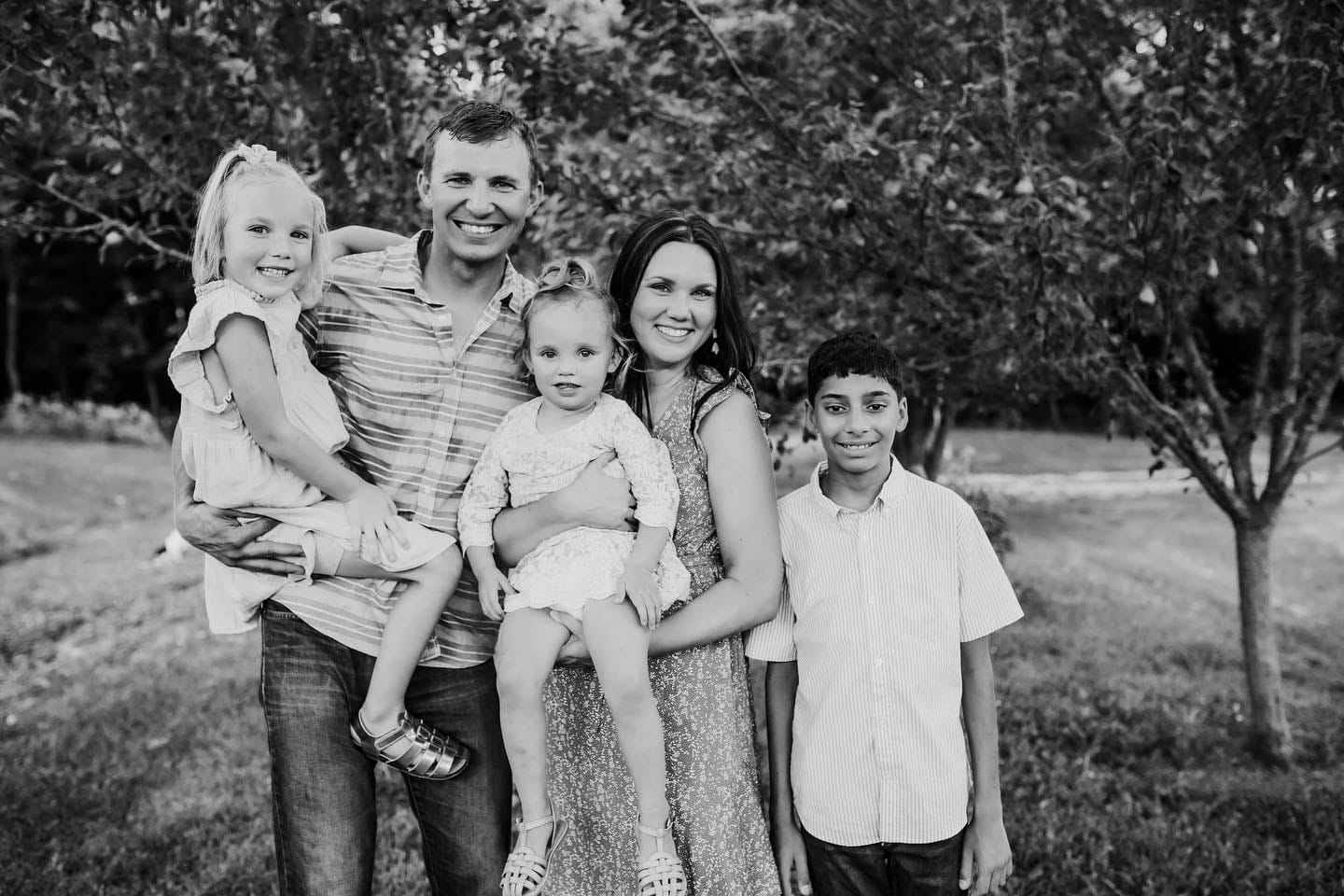When Is International Adoption The Answer?
Here at The Archibald Project, our desire is that all children would be raised in a safe and healthy environment with their biological family.If that is not an option, then ideally a child will stay in their first culture through a safe foster care placement, while reunification is pursued. If foster care and reunification are not possible, THEN and only then does adoption becomes necessary. We are not opposed to international adoption, and we have seen both the beauty and the brokenness that comes from it. When it is necessary, international adoption can provide a child with a safe and loving home and a family. However, we have also seen firsthand children placed for adoption without the consent of their biological family, “children pickers” who go out into villages to scout children they think would be adopted. We’ve seen organizations manipulate families and lie to them, convincing them to send their children away (usually to “school” or a “better opportunity”) and then placing them for adoption, leaving their families to never see them again. We’ve seen time and time again that where there are vulnerable people, there are others willing to take advantage of them.
“What can I do?”
So how can you know with confidence that the organization or agency you’re working with ISN’T trafficking children? How do you ensure that an organization is really ethical? How can you know that all other avenues and possibilities have been exhausted before a child is available for adoption? There are children that need homes, and you want to adopt internationally… what do you do?
Lots and lots and lots of research. Here’s a great place to start:
- As you’re looking at agencies, ask them how many children a year from the orphanage they represent are settled back with biological family. Do they have a process for reunification? Do they seek to keep families together before adoption is ever brought into consideration?
- Ask how employees are paid. Where does the money from the adoption fee go? What portion of your payments are sent directly to orphanages and how are those funds used? Do the orphanages they work with receive funding per child they place in an international adoption? Is there a financial incentive for them to place children for adoption that might get in the way of them pursuing family preservation?
- Ask how they hold their partners accountable for finances and ethics. Some adoption agencies have locations all over the world, some have a HQ in the US that partners with orphanages and organizations in other countries. How can they ensure that the organizations they partner with are ethical ? Do they have a system designed to hold their partners accountable and ensure children are being care for in an ethical and holistic way?
- Ask how they ensure that the children for whom they facilitate adoptions actually need to be adopted. Have they sought out biological family members? Are their families aware that they are in an orphanage being placed for adoption? Is there a safe and healthy alternative for children to stay in their own country, or is adoption the first choice?
- Ask what practices they set up to keep children out of orphanages. What practices do they take to work toward reunifying children with biological family members? What circumstances dictate that a child needs to be placed into their care and what are the obstacles keeping them from reunification? Do they rely financially on children being in the orphanage to stay afloat?
- If you’ve asked all the questions above, are satisfied with the answers, and have been matched with a child, we always recommend you hire your own 3rd party to investigate. It can be easy for an organization to provide all the right answers, and still be taking advantage of vulnerable children and families behind closed doors. Find an investigator who can look into the orphanage or organization, who can search for biological family members, who can verify that the story you have been told is, in fact, true. It’s an extra step, and it will cost more money, but it is your job as a potential adoptive parent to do the work. You need to be able to look into the eyes of your child one day and say with full confidence you did everything in your power to protect them, to make sure they weren’t being trafficked, and found out as much as you possibly could about their history before moving them across the world*.
The world of international adoption is, unfortunately, rife with corruption. It is possible to pursue international adoption in an ethical, pro child manner, but in order to do that you have to be willing to ask the hard questions, put in the extra work, and be willing to step away if you start seeing red flags.
Want to keep learning? Check these out:
Helpful Advice for Adoption and Trafficking
How do I know if an orphanage is dangerous?
*How do you hire a third party investigator? The internet can be such an incredible tool! Search “ex pats living in _______” or “missionaries in_________” in google or instagram, and send some messages. Ask if they’re familiar with the organization, if they know anything about it, if they have any recommendations for local lawyers or investigators. It might take a little work, but it is so worth it.



